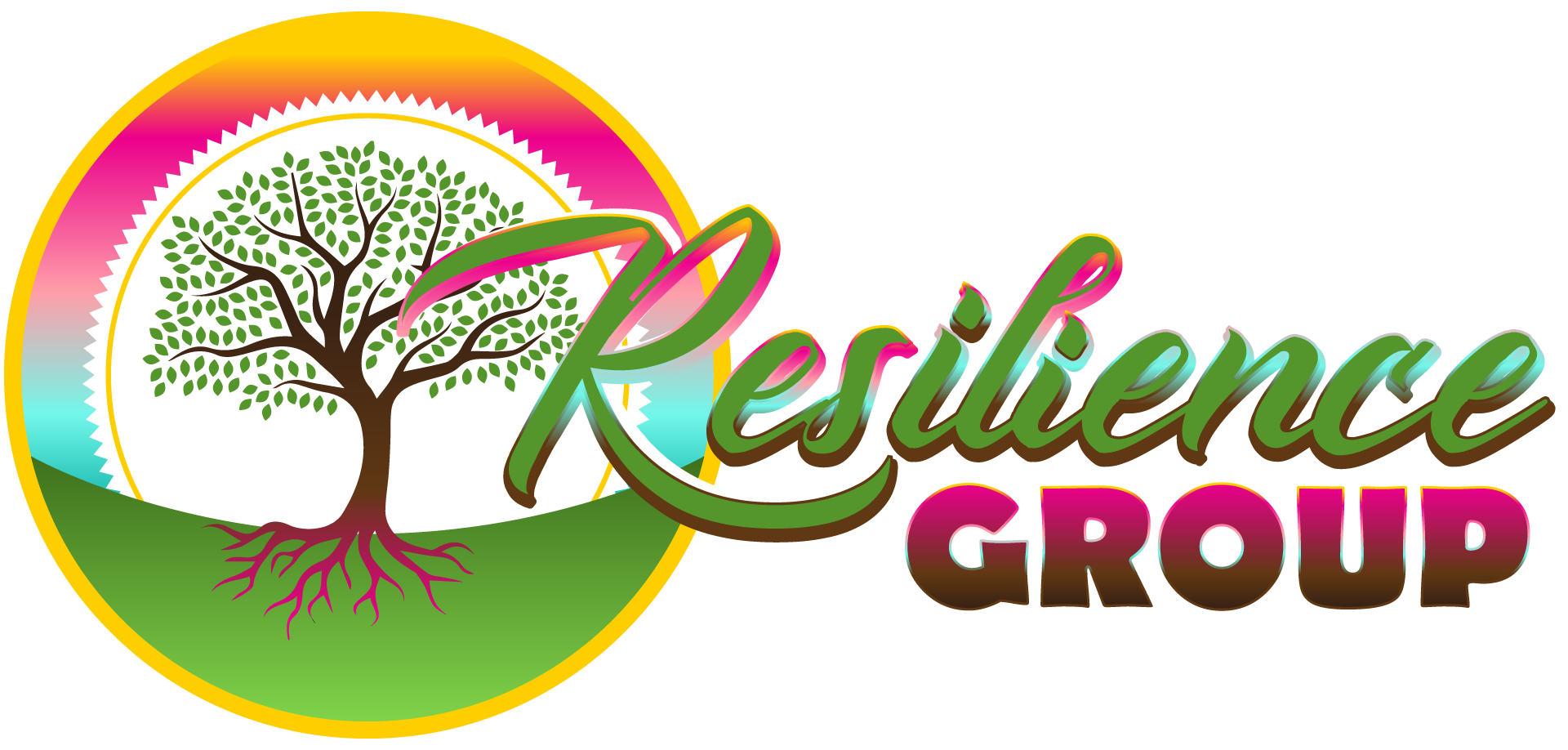Sexual Abuse
Sexual abuse refers to any unwanted or non-consensual sexual activity or behavior imposed on an individual. It encompasses a range of actions from physical contact (e.g., molestation, rape) to non-physical acts (e.g., sexual harassment, exploitation, or coercion). Sexual abuse can occur in various relationships, including familial, romantic, professional, or through strangers. It may involve individuals of any gender or age, though it is often perpetrated by someone in a position of trust or authority.
Key Characteristics of Sexual Abuse:
-
Non-Consensual Activity:
- Sexual abuse involves a clear lack of consent, where the victim is coerced, manipulated, or forced into the act, often without the ability to freely give consent.
-
Physical and Psychological Harm:
- Sexual abuse causes both physical harm (e.g., injury, sexually transmitted infections) and emotional trauma (e.g., shame, guilt, fear, post-traumatic stress).
-
Power and Control:
- Often rooted in a dynamic of power and control, where the perpetrator seeks to dominate, intimidate, or manipulate the victim.
-
Variety of Forms:
- Sexual abuse can include direct physical acts (e.g., rape, fondling, penetration), as well as non-physical forms (e.g., verbal coercion, threats, sexual exploitation).
Types of Sexual Abuse:
-
Child Sexual Abuse:
- Involves any sexual activity with a minor (someone under the age of consent), often by a family member, caregiver, or acquaintance. This may include molestation, exhibitionism, or exploitation.
-
Rape and Sexual Assault:
- Rape is non-consensual sexual penetration, while sexual assault includes a range of unwanted sexual acts. Both are criminal offenses and can involve force, threats, or manipulation.
-
Sexual Harassment:
- Includes unwelcome sexual advances, comments, or behaviors in a work or social environment, creating an intimidating or hostile atmosphere.
-
Sexual Exploitation:
- The misuse or manipulation of an individual for sexual gain, including in cases of human trafficking or using someone for pornography or prostitution against their will.
-
Spousal or Intimate Partner Sexual Abuse:
- Occurs when one partner forces or coerces the other into sexual activity against their will, within the context of a relationship.
Psychological and Emotional Effects of Sexual Abuse:
-
Post-Traumatic Stress Disorder (PTSD):
- Victims may experience flashbacks, nightmares, emotional numbing, or hypervigilance as a result of the trauma.
-
Depression and Anxiety:
- Many survivors of sexual abuse suffer from long-term feelings of sadness, hopelessness, or anxiety, as well as issues with trust and self-esteem.
-
Guilt and Shame:
- Victims often internalize blame for the abuse, leading to feelings of guilt, shame, or self-loathing, even though they are not responsible.
-
Relationship Difficulties:
- Survivors of sexual abuse may struggle with intimacy, trust issues, or fear of further abuse in future relationships.
-
Substance Abuse:
- Some individuals may use drugs or alcohol as a way to cope with the pain and emotional fallout from the abuse.
Risk Factors for Sexual Abuse:
-
Age and Vulnerability:
- Children, adolescents, and individuals with disabilities or mental health conditions are often at higher risk for sexual abuse.
-
Power Imbalance:
- Those in positions of power (e.g., parents, teachers, employers) may exploit their authority to manipulate and abuse others.
-
History of Abuse:
- A history of sexual abuse or exposure to domestic violence increases the risk of being victimized or of perpetrating abuse.
-
Social Isolation:
- Victims of abuse may be isolated or lack support networks, making it harder to escape or report the abuse.
Legal Aspects:
-
Consent:
- Consent is a critical component of sexual activity. Sexual abuse occurs when consent is absent, coerced, or manipulated, especially when the victim is unable to give consent due to age, disability, or intoxication.
-
Criminal Charges:
- Sexual abuse is a criminal offense in most legal systems and can lead to charges such as rape, assault, exploitation, and harassment, depending on the nature of the act.
-
Statutes of Limitation:
- Legal systems have varying rules about how long after an assault a victim can file charges, though many places have extended or removed statutes of limitations for certain types of sexual abuse, particularly in cases of child sexual abuse.

Treatment and Support for Victims of Sexual Abuse:
-
Therapy and Counseling:
- Survivors of sexual abuse often benefit from therapy, such as trauma-focused cognitive behavioral therapy (CBT), EMDR (Eye Movement Desensitization and Reprocessing), and other modalities that focus on healing from trauma.
-
Support Groups:
- Peer support groups provide a space for survivors to connect with others who have had similar experiences, helping to reduce isolation and increase feelings of empowerment.
-
Medical Care:
- Survivors may need medical care to address physical injuries, sexually transmitted infections, or pregnancy prevention. For children or those in need, forensic exams can be conducted as part of a legal investigation.
-
Legal Advocacy:
- Legal advocacy services help survivors navigate the criminal justice system, providing support during reporting, investigations, and court proceedings.
Conclusion:
Sexual abuse is a traumatic experience that has serious physical, emotional, and psychological consequences. It involves coercion or manipulation, often within relationships marked by power imbalances. Victims of sexual abuse may experience long-lasting effects, including PTSD, depression, and trust issues. Treatment often involves a combination of therapy, medical care, and legal support, with a focus on empowering survivors and helping them heal from the trauma.
Contact
(435) 313-8533
Location:
Resilience Group
Saint George, UT 84770
In-person and telemedicine available
